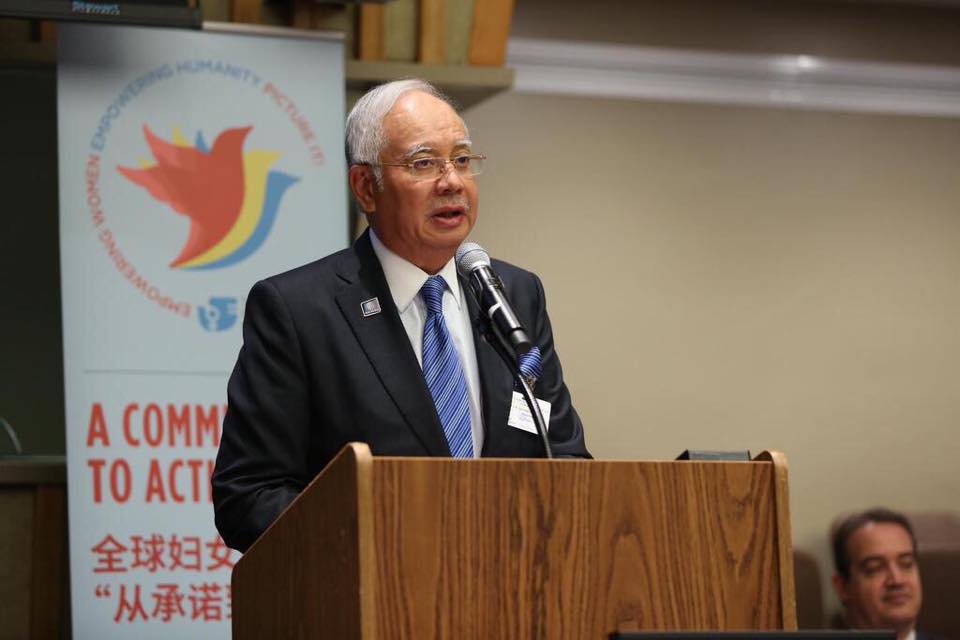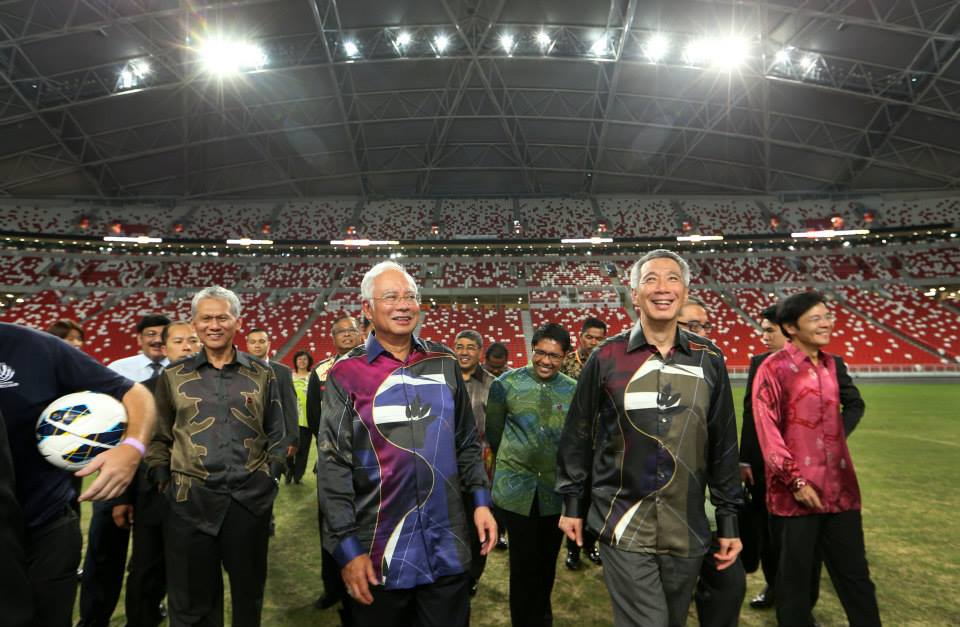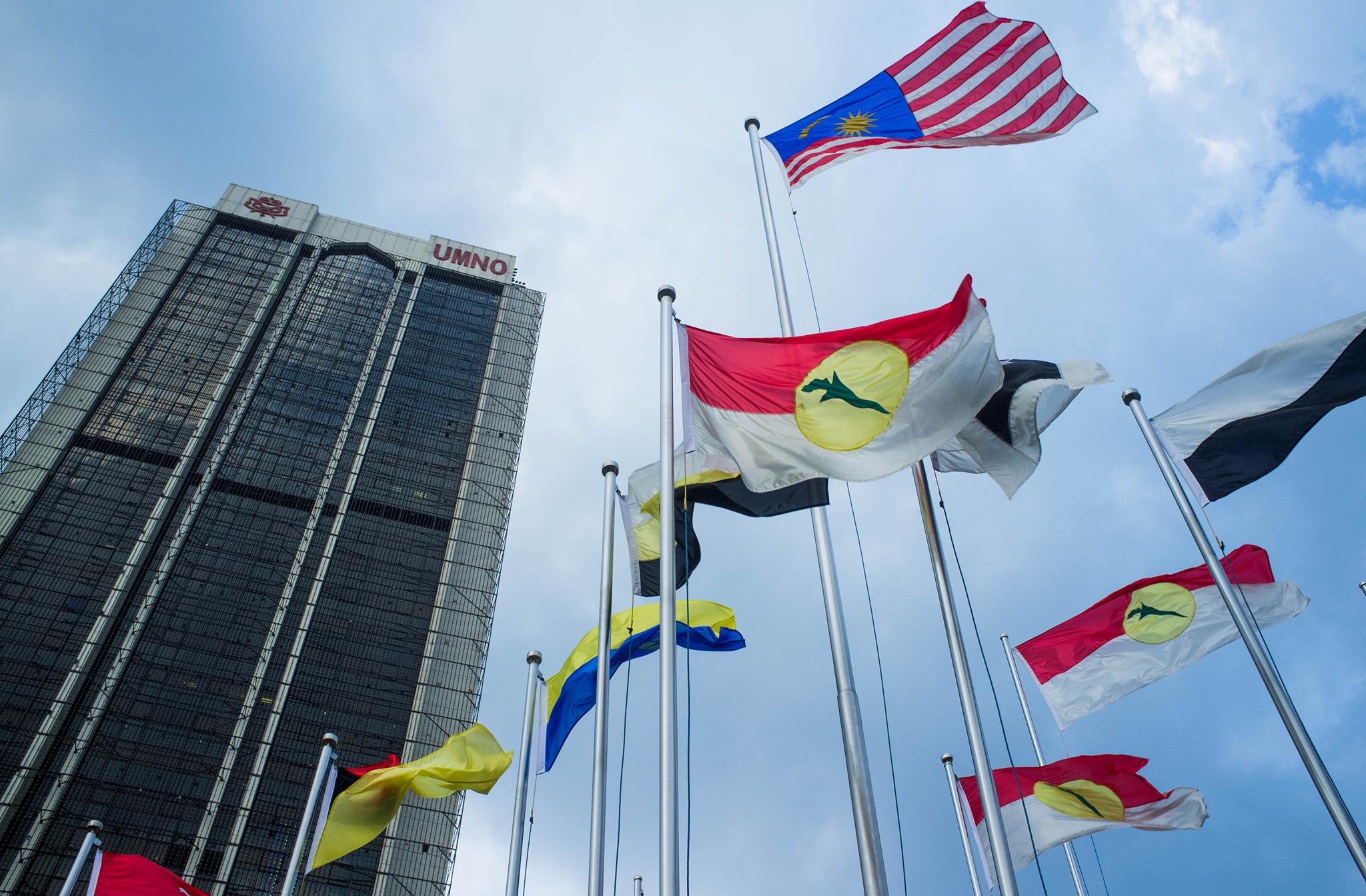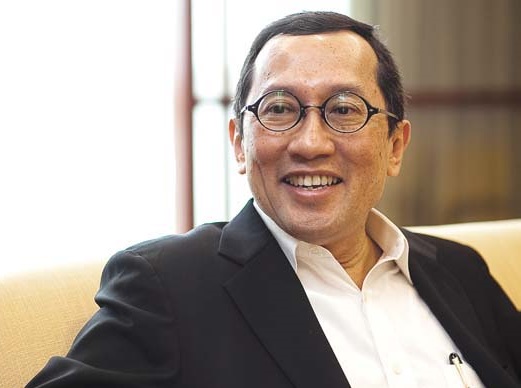Many Singaporeans probably have a foreboding about Malaysia over the past year - Bersih. 1MDB. A deputy prime minister sacked. Protests.
How do we make sense of what's happening across the causeway?
Trust Ambassador-at-large, former permanent secretary for foreign affairs, and current S R Nathan Fellow Bilahari Kausikan to tell it as it is.
Here are five eye-catching things he said in his Straits Times commentary on Oct 6. that makes us realise how the state of Malaysia politics will have profound implications for Singapore.
1. Malaysia's political system is under severe stress
"Since 1957, first Malaya then Malaysia, was premised on a political and social compact that had Malay dominance as its cardinal principle. So long as this was not challenged, other races could have their own space. In political terms, this compact was reflected in a system structured around an alliance of race-based political parties with the dominant Malay party - United Malays National Organisation or Umno - at its centre.
The Chinese were represented by the Malaysian Chinese Association (MCA), later joined by Gerakan; the Indians by the Malaysian Indian Congress (MIC).
That familiar system is now under immense stress. It is not certain that it can hold together.
The pressure point is religion...Arab influences from the Middle East has eroded the Malay variant of Islam and changed the texture of Malaysian society in an irreversible way."
2. A new ruling political arrangement may be probable.
UMNO, which is increasingly relying on religion to legitimise itself, and opposition Pan-Malaysian Islamic Party (PAS) may eventually form some sort of alliance that could be the core of a new ruling system.
The Malaysian system will then comprise an overwhelmingly dominant Malay government with a DAP-led Chinese opposition.
The Chinese parties in the ruling Barisan Nasional (NS) coalition had clearly lost the trust of Chinese voters, getting only 13 per cent of the Chinese vote in the 2013 Malaysian General Election.
Nor can the opposition coalition form a new multiracial system. Only Anwar's charismatic personality and political skills held them uneasily together.
3. Power Struggle in UMNO
 Source: Najib Razak Facebook
Source: Najib Razak Facebook
"The 1MDB scandal is less about corruption than about a struggle for power within Umno".
"The intra-Umno power struggle is not over. Mr Najib retains his office but has been politically damaged. Dr Mahathir's reputation may have been dented, but he still has a following within Umno and the Malay public".
4. Why is Malaysia important to Singapore?
 Source: Lee Hsien Loong Facebook
Source: Lee Hsien Loong Facebook
"Malaysia and Singapore are each other's second-largest trading partner. Malaysia is Singapore's sixth-largest investment destination and we are the top investor in IM. Every day tens of thousands of Malaysians commute across the Causeway to work in Singapore".
5. Lessons for Singapore
"The first step is for all Singaporeans to understand what is happening in our neighbourhood and realistically appreciate our own circumstances
Deterrence and diplomacy are necessary to reduce the temptation that some in Malaysia may have to externalise their problems and minimise the bilateral friction that will sometimes be unavoidable. Strong deterrence and agile diplomacy must be underpinned by national cohesion which in turn rests on a foundation of common understandings.
Of late it seems to have become fashionable for some sections of our intelligentsia to downplay or even dismiss our vulnerabilities. Some political parties tried variants of this line during our recent General Election"
Top photo from Media Unmo Malaysia Facebook.
If you like what you read, follow us on Facebook and Twitter to get the latest updates.
If you like what you read, follow us on Facebook, Instagram, Twitter and Telegram to get the latest updates.

